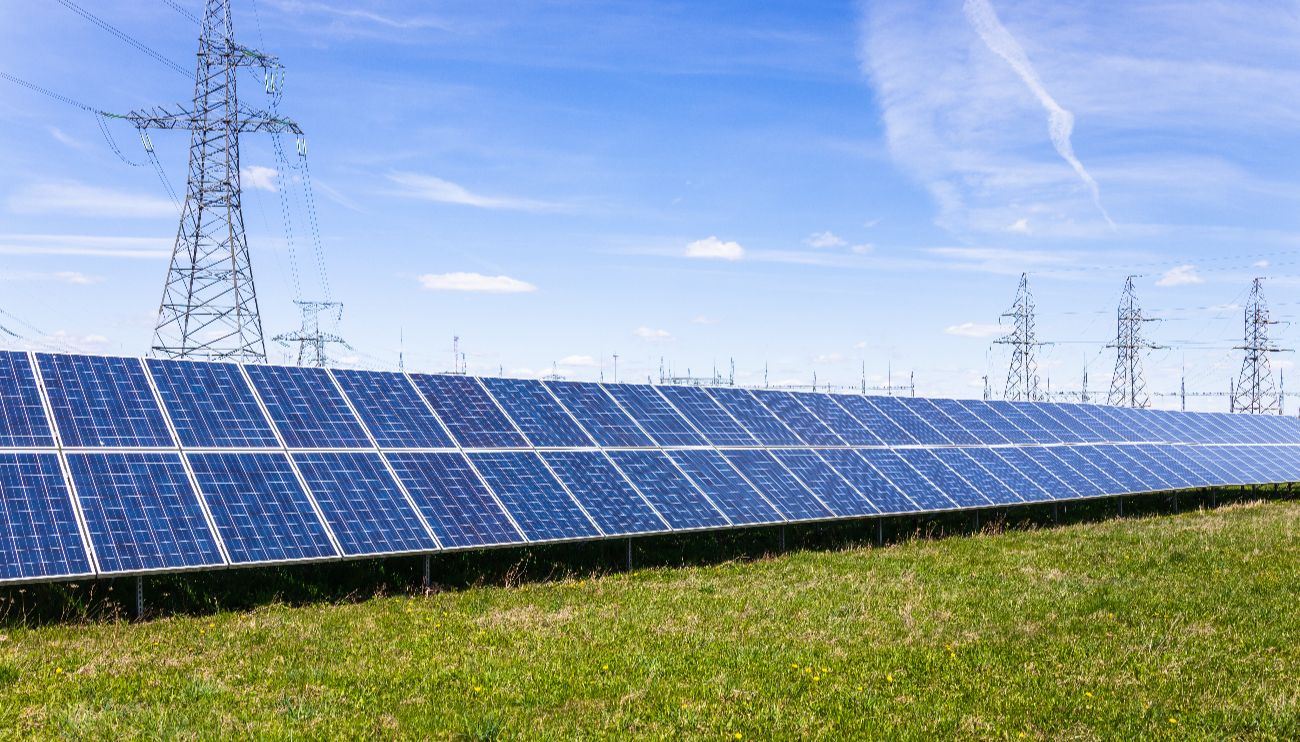Geosciences, Vol. 15, Pages 338: Secondary Education Students’ Misconceptions on Principles of Geology: Minerals and Rocks
Geosciences doi: 10.3390/geosciences15090338
Authors:
Georgios Giotopoulos
Ioannis Koukouvelas
Irini Skopeliti
Polychronis Economou
Dimitrios Papoulis
The purpose of this research is to investigate the misconceptions related to geological concepts among Secondary Education students in the region of Achaia, Greece. The study focuses on both Lower Secondary Education (Gymnasium, grades 7–9) and Upper Secondary Education, including General and Vocational Education (grades 10–12). Previous research has shown that students entering Lower Secondary Education or High School often possess several misconceptions about geological concepts. These misconceptions result in a fragmented or incorrect understanding, which may arise from intuitive perceptions of how the natural world evolves that are incorrect, or from stereotypes and assumptions acquired from the family environment or inadequacies in the school curriculum. Despite teachers’ efforts to clarify these concepts, a significant percentage of students continue to hold misconceptions, mainly related to minerals and rocks. A total of 1065 secondary students completed an online closed-ended questionnaire that was designed and validated based on previous research findings to highlight their misconceptions. This study results showed a clear differentiation between students from urban and rural areas, while demographic characteristics (such as gender, age, parents’ occupation, and parents’ marital status) did not appear to play a significant role. In addition, the responses to specific sets of questions varied depending on the student’s grade level. Identifying students’ misconceptions can support the development of appropriate educational tools and/or inform targeted interventions that aim to clarify these concepts and correct any incorrect assumptions.
Source link
Georgios Giotopoulos www.mdpi.com


